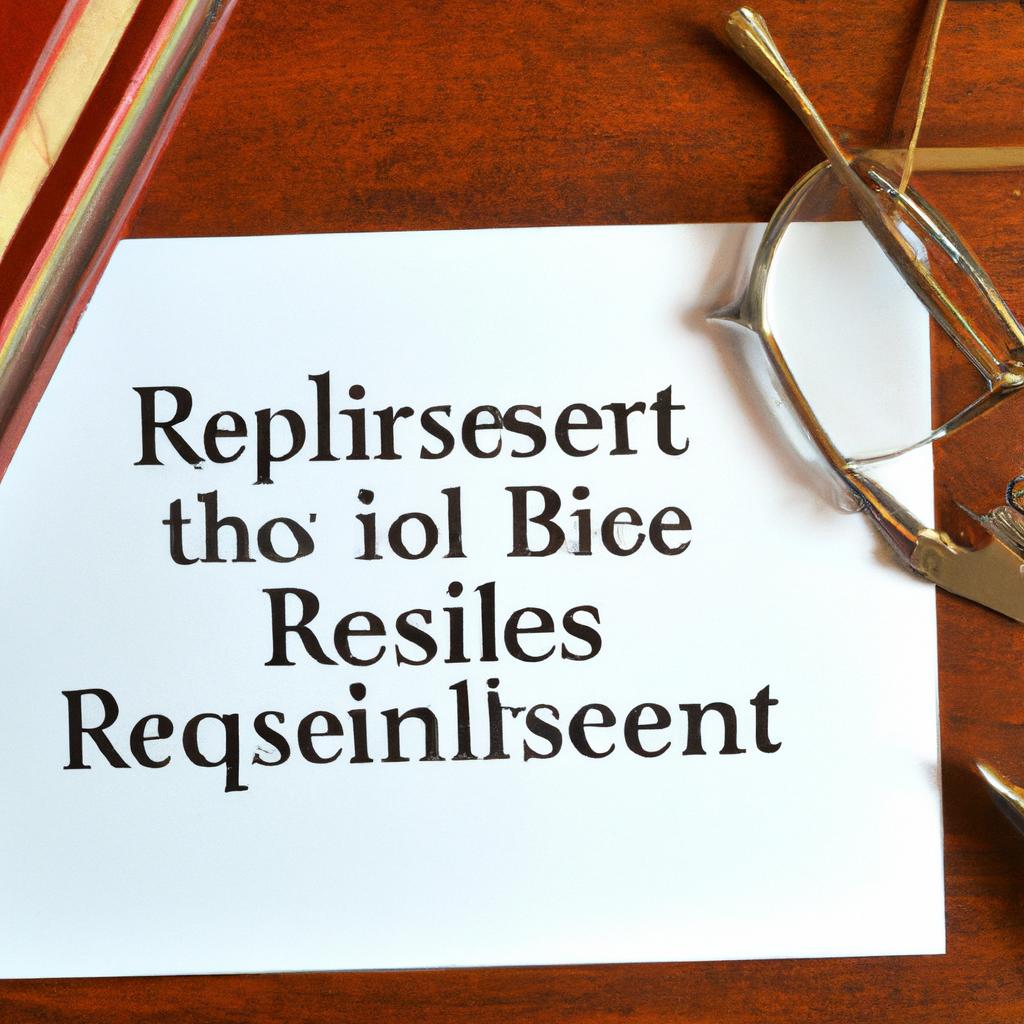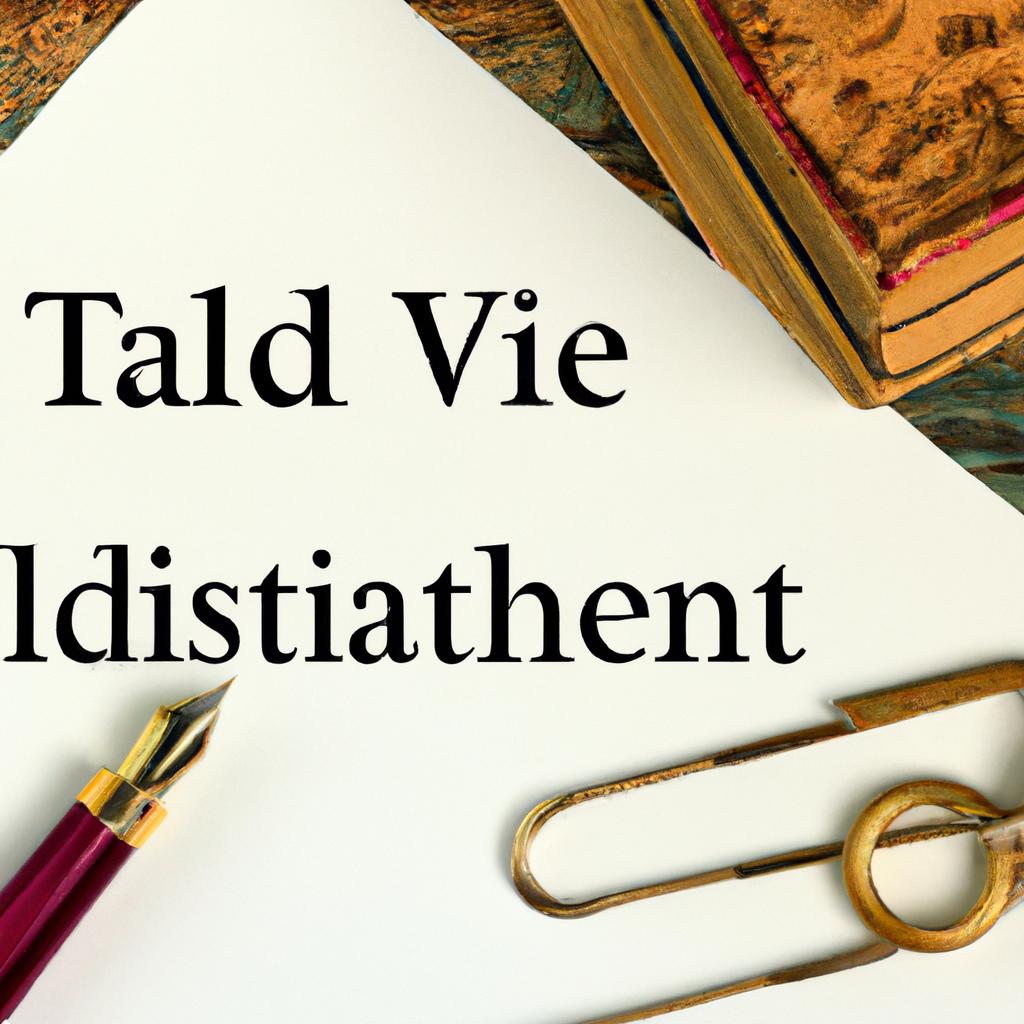In the intricate realm of estate planning and the nuances of probate proceedings, determining beneficiaries is a critical aspect that requires meticulous attention to detail. Among the most common beneficiaries are spouses and children, individuals whose entitlement to inherit assets or property is often assumed but not always explicitly delineated. With the expertise and guidance of experienced legal professionals at Morgan Legal Group in New York City, navigating the complexities of designating a spouse or child as a beneficiary can be approached with clarity and precision. In this article, we delve into the intricacies of how a beneficiary can be a spouse or child, shedding light on the legal considerations and implications that underpin this essential facet of estate planning.
– The Rights and Responsibilities of a Spouse Beneficiary in Estate Planning
When it comes to estate planning, a beneficiary can be a spouse or child who holds certain rights and responsibilities. As a spouse beneficiary, you have the following rights:
- Right to Receive Assets: As a spouse beneficiary, you have the right to receive a portion of the deceased spouse’s assets as outlined in their Will or trust.
- Right to Contest: If you believe you were unfairly excluded from the Will or trust, you have the right to contest the decision in court.
However, being a spouse beneficiary also comes with responsibilities, such as:
- Responsibility to Manage Assets: As a spouse beneficiary, you may be responsible for managing the assets you inherit, ensuring they are used wisely and for the benefit of any children or other beneficiaries.
- Responsibility to Uphold the Terms: You are obligated to uphold the terms outlined in the Will or trust, ensuring that the deceased’s wishes are carried out accordingly.

– Understanding the Role of a Child Beneficiary in Trusts and Wills
A beneficiary can be a spouse or child who plays a crucial role in trusts and wills. For children specifically, their status as a beneficiary can have significant implications for their financial future. In trusts, children beneficiaries are typically entitled to receive assets or income from the trust as specified in the trust document. This can include investments, property, or other financial resources that are managed by a trustee on behalf of the child beneficiary.
Furthermore, in wills, children beneficiaries may inherit assets or property upon the death of the testator. This inheritance can be subject to certain conditions or restrictions outlined in the will. It is important for parents and grandparents to carefully consider the role of their child beneficiaries when creating trusts or wills to ensure their wishes are carried out effectively and in accordance with the law.

– Key Considerations when Designating a Beneficiary who is a Spouse or Child
When designating a beneficiary who is a spouse or child, there are several key considerations that should be taken into account to ensure that your estate planning goals are met effectively. One important factor to consider is the age and maturity of your child. While you may want to provide for your child financially, it is crucial to assess whether they are capable of managing a large sum of money responsibly. In some cases, it may be advisable to establish a trust to ensure that the funds are distributed in a controlled manner over time.
Another important consideration is the relationship dynamics within your family. If there are strained relationships between your spouse and children, or if your child has a history of financial instability, it may be necessary to take additional precautions when designating them as a beneficiary. Consulting with an experienced estate planning attorney can help you navigate these complex family dynamics and establish a plan that protects your assets and best serves your loved ones. By carefully considering these factors and seeking professional guidance, you can ensure that your estate plan reflects your wishes and provides for your spouse or child in a way that aligns with your long-term objectives.
– Ensuring the Financial Security of a Spouse or Child Beneficiary: Best Practices by Morgan Legal Group
When creating an estate plan, it is crucial to consider the financial security of your loved ones, especially spouse or child beneficiaries. A beneficiary can be a spouse or child who relies on your financial support. To ensure their well-being, it is essential to follow best practices in estate planning.
Some best practices to ensure the financial security of a spouse or child beneficiary include:
- Creating a comprehensive estate plan: Ensure that your estate plan clearly outlines your wishes regarding asset distribution to your spouse or child beneficiary.
- Updating your estate plan regularly: Life changes, such as marriage, divorce, or the birth of a child, may necessitate updates to your estate plan to protect the financial interests of your spouse or child beneficiary.
Q&A
Q: What is a beneficiary?
A: A beneficiary is a person designated to receive assets or benefits from an insurance policy, will, trust, or retirement account.
Q: Who can be a beneficiary?
A: A beneficiary can be a spouse or child who is named by the policyholder, benefactor, or account holder to receive the proceeds or benefits upon their death.
Q: Can a beneficiary be someone other than a spouse or child?
A: Yes, a beneficiary can be any person or entity chosen by the policyholder or account holder, such as a parent, sibling, friend, charity, or organization.
Q: What happens if a beneficiary is not specified?
A: If a beneficiary is not specified, the assets or benefits may be distributed according to the laws of the state in which the policyholder or account holder resides.
Q: Can a beneficiary be changed?
A: Yes, a beneficiary can typically be changed at any time by the policyholder or account holder through a written amendment or update to the relevant documents.
In Conclusion
In conclusion, it is important to recognize the significance of designating a beneficiary who can inherit assets and benefits. Whether it be a spouse or child, ensuring that your loved ones are taken care of in the event of your passing is a crucial step in financial planning. By understanding the role of a beneficiary and the impact it can have on their future, you can make informed decisions that will provide security and peace of mind for your family. Remember, taking the time to review and update your beneficiaries regularly is key to ensuring their well-being and honoring your wishes.

